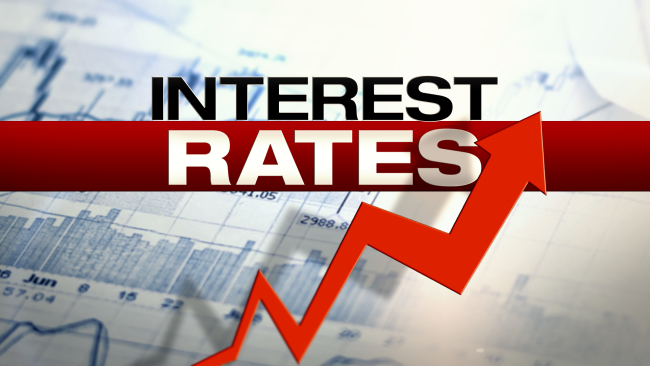 Although interest rates can be a major factor influencing currency value and exchange rates, the final determination of a currency's exchange rate with other currencies is the result of a number of interrelated elements that reflect and impact the overall financial condition of a country in respect to that of other nations. Two other factors that are often of greater importance are political and economic stability and the demand for a country's goods and services.
Although interest rates can be a major factor influencing currency value and exchange rates, the final determination of a currency's exchange rate with other currencies is the result of a number of interrelated elements that reflect and impact the overall financial condition of a country in respect to that of other nations. Two other factors that are often of greater importance are political and economic stability and the demand for a country's goods and services.
Interest rates play the most important role in moving the prices of currencies in the foreign exchange market. Since currencies are the representations of a country’s economy, differences in interest rates affect the relative worth of currencies in relation to one another. When central banks change interest rates they cause the forex market to experience movement and volatility. In the realm of forex trading, accurate speculation of central banks’ actions can enhance the trader's chances for a successful trade.
The reason why interest rates influence the currency market is because they increase and decrease demand on the currency. Higher interest rates give the currency more value and value attracts capital and encourages investments from foreign countries. Demand for the currency makes it scarcer and hence more valuable. When more investors start buying the currency to gain a higher yield the currency’s value increases further. A fall in interest rates tends to have the opposite effect on investors as they will get smaller return on their investments if a currency has a low interest rate.
Interest rates in most advanced economies have a tendency to run in cycles. Low interest rates “kick start” an economy by making it easier for businesses to borrow money to invest and grow. They also encourage consumers to spend rather than save. At the same time, lower interest rates depreciate the value of a currency against others. This makes its exports cheaper in other countries and therefore more competitive.These things in turn lead to rising prices – or inflation. This means interest rates will have to be raised again at some point.
Following the activities of central bankers and the news related to what they might be considering should be top of mind for all currency traders. Traders must always be mindful of the interest rate differentials of their preferred currency pairs, data that is often posted on various forex websites. As for anticipating the future, it is advisable to follow a number of analysts and then average their expectations. Central bankers will often speak publicly, another place where they might reveal their thought processes.







